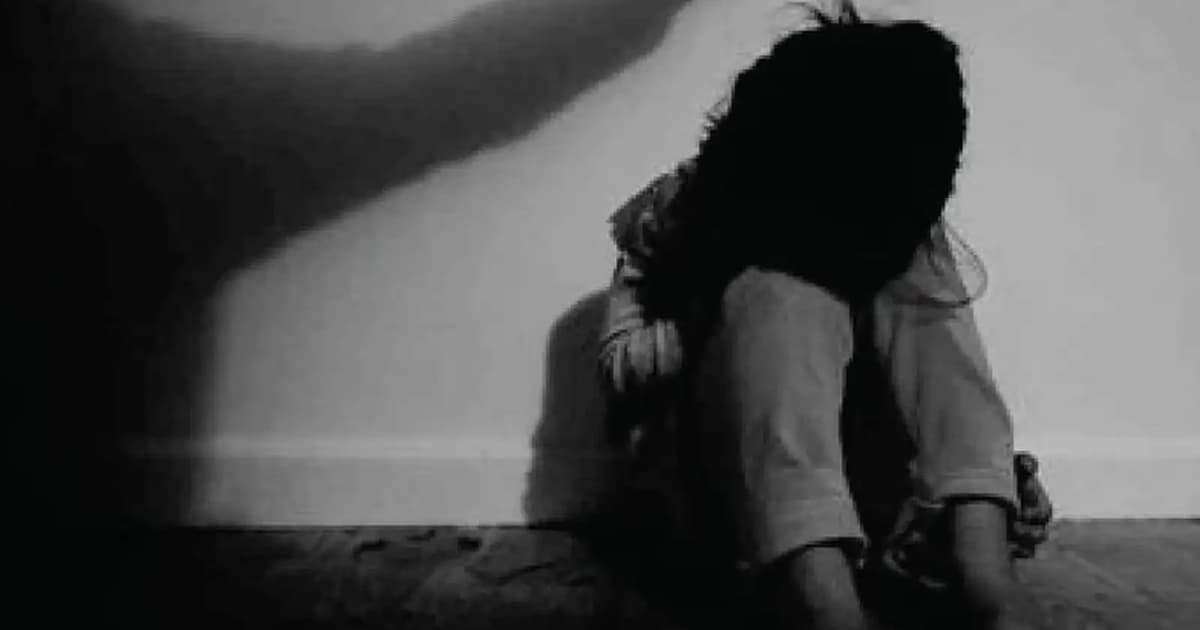
A mental health expert and child rights advocate say creating a safer ecosystem for abused children to report their experiences requires cultural reform and empowerment beyond legal measures.
Malaysian Board of Counsellors CEO Sadli Osman said stigma and fear continue to stop many children from reporting abuse, especially when perpetrators are people they know and trust, including family members, guardians, or community figures.
“Many children actually want to speak up, but they are unsure if they will be believed or protected,” Sadli told FMT.
He said abused children often face a painful dilemma – wanting to seek protection yet fearing the consequences, such as being scolded, disbelieved or causing family breakdowns. Some even feel ashamed or guilty, believing the abuse was their fault. As a result, many remain silent despite needing help.
Sadli said addressing the issue required a collective national effort that moved beyond sympathy towards concrete action.
“Every report must receive immediate attention, every school must have a protection mechanism, and every community must serve as a safe space for children to grow up.
“Combating child abuse is not the responsibility of one agency alone, it is the shared duty of the entire society. Only when we truly listen to, and believe children’s voices can we build a nation that genuinely protects its future generation,” he said.
Sadli said cultural change must start at home, in schools and within communities, where children spend most of their time.
“When children know that their voices are heard and protected, only then will they have the courage to speak up,” he said.
Sadli also praised the women, family and community development ministry’s initiatives such as the “Awak OK Tak” emotional wellbeing awareness campaign and Talian Kasih 15999 as impactful efforts for those seeking emotional and psychosocial help.
“Through an integrated approach between ministries, government agencies, and registered counselling professionals, these efforts have successfully reduced stigma and encouraged more people to seek help earlier,” he said.
Yayasan Chow Kit co-founder Hartini Zainudin agreed, saying safe and open spaces within families must be part of the reporting chain without unintentionally causing more fear or shame.
“Don’t push them to ‘just get over it’ or ‘move on’. Let them process, seek professional help if needed.
“Children need to know they can talk without immediate judgment or anger. Use phrases like ‘Thank you for telling me’ or ‘I’m glad you felt you could come to me’, rather than ‘Why didn’t you stop it sooner?’ or ‘What were you doing?’” she told FMT.
The importance of safe reporting channels is underscored by Disrupting Harm data, which found that 4% of internet-using Malaysian children aged 12 to 17 – about 38 respondents – had experienced clear forms of online sexual exploitation and abuse in the past year.
These include being blackmailed into sexual acts, having their sexual images shared without permission, or being coerced into sexual activities through promises of money or gifts.






